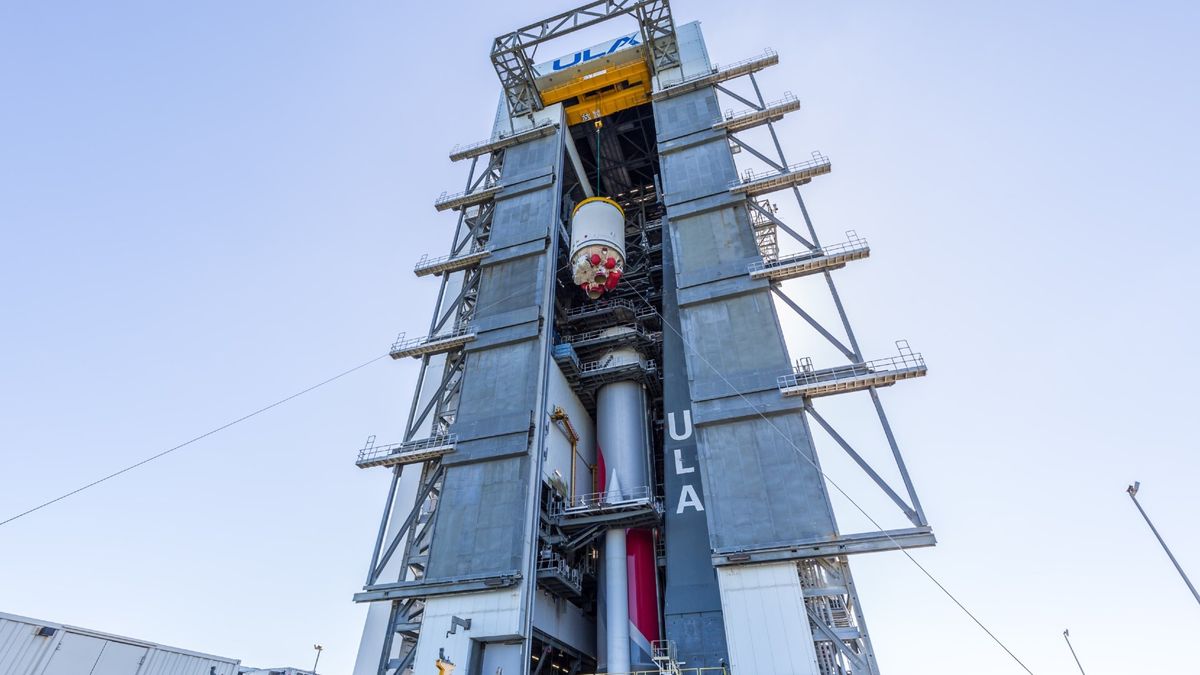Firefly Aerospace and Millennium Space Systems have achieved a groundbreaking milestone in the field of responsive space launches. With just 24 hours’ notice, Firefly successfully launched a satellite for the U.S. Space Force, setting a new record for the fastest turnaround time in launching a national security mission.
Key Takeaway
Firefly Aerospace and Millennium Space Systems have set a new record for responsive space launches by successfully launching a satellite for the U.S. Space Force within a 24-hour notice period. This achievement highlights the critical capabilities this partnership brings to addressing national security needs and signifies a significant cultural shift in the nation’s ability to respond to adversary aggression swiftly.
Meeting the Challenge
Upon receiving the launch notice from the Space Force on September 13th, Firefly immediately commenced its rapid launch preparations. In the span of just 24 hours, they completed the final preparations, updated the flight software trajectory, and successfully integrated the Millennium Space Systems-made payload with the Firefly Alpha rocket.
The launch of the Victus Nox mission took place within the first available window, a mere 27 hours after the launch notice was received. Bill Weber, CEO of Firefly Aerospace, expressed his delight in the successful execution of this complex responsive space mission. He emphasized the critical capabilities that this achievement adds to addressing national security needs.
A New Record
This mission by Firefly and Millennium Space Systems sets a new record among commercial space companies for responsive space launches. Constructing a substantial margin, the previous record was set in June 2021 by Northrop Grumman, with a turnaround time of 21 days. It is noteworthy that this remarkable feat is only the third mission in Firefly’s nine-year history.
Millennium Space Systems, a subsidiary of Boeing, also demonstrated their capabilities by successfully completing their challenge within the given timeframe. They transported the spacecraft 165 miles from El Segundo, California to Vandenberg Space Force Base and integrated it with Alpha’s payload adaptor in just 58 hours, surpassing their required 60-hour deadline.
Implications for National Security
The success of the Victus Nox mission marks a significant shift in our nation’s ability to deter adversary aggression and respond promptly with decisive capabilities. Lt. Gen. Michael Guetlein, commander of Space Systems Command, emphasized the culture shift that this achievement represents. This exercise is part of an end-to-end Tactically Responsive Space demonstration that showcases the United States Space Force’s capability to rapidly integrate essential technologies and respond to aggression on tactically relevant timelines.
Space Systems Command, a division of the Space Force, plays a crucial role in the development and procurement of space technologies for national security purposes. The Space Force has shown a continuous interest in obtaining rapid launch capabilities from private industry. For the Victus Nox mission, Firefly was awarded a contract worth $17.6 million, further solidifying their standing in the field of responsive space launches.

























